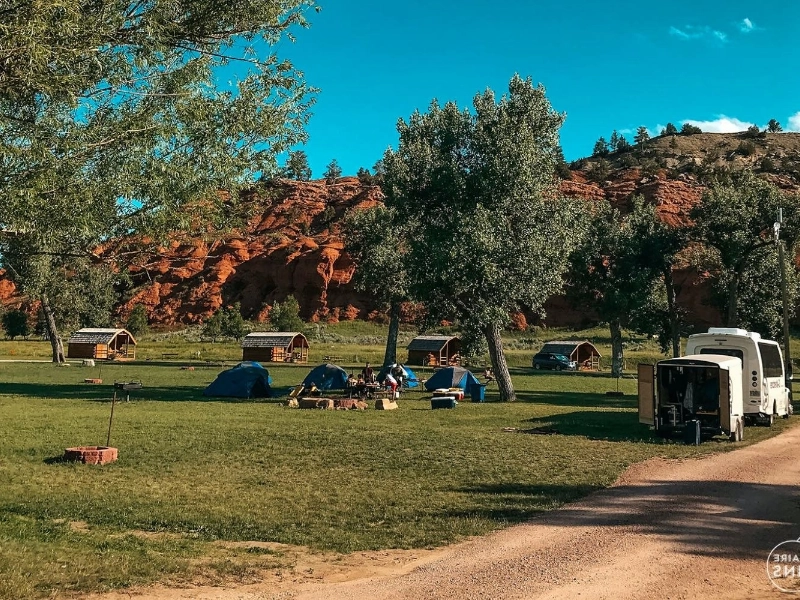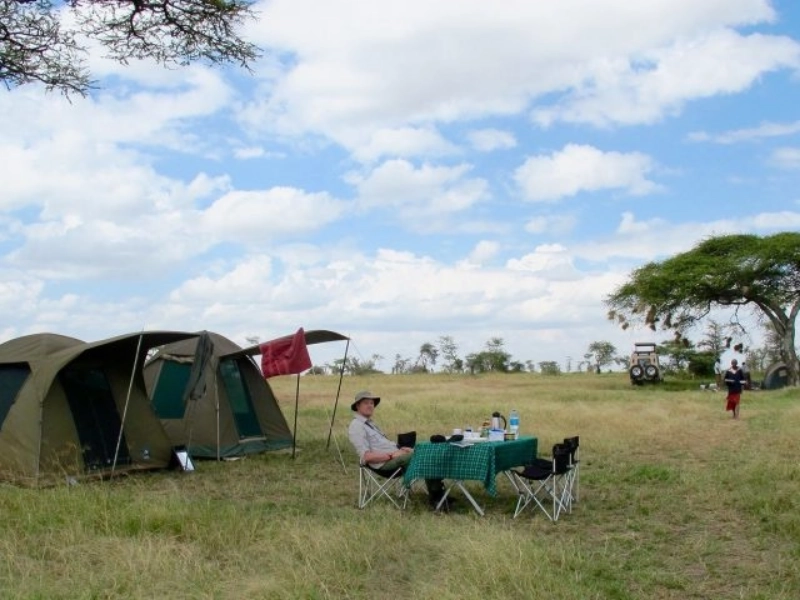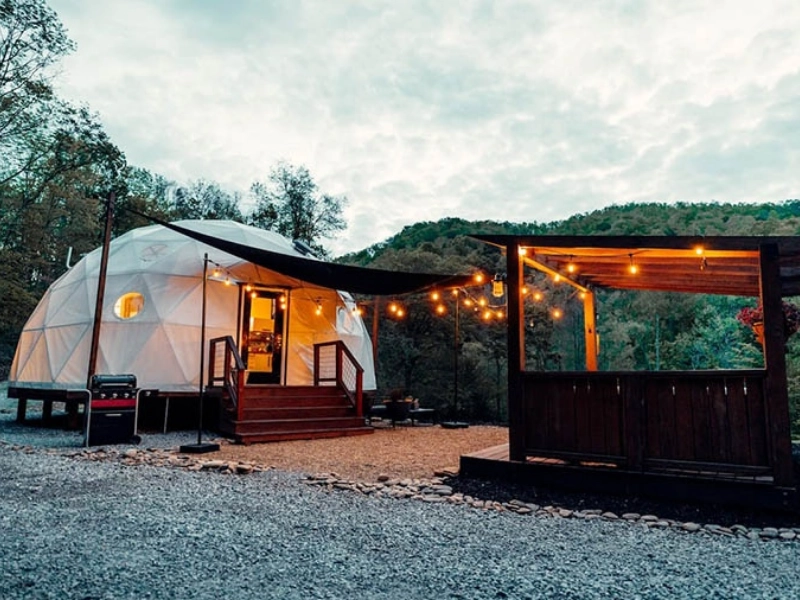Being close to nature and engaging with local customs and lands can be achieved through participatory camping. It's an excellent, reasonably priced choice that will enable you to blend in with the forest. Patrick will plan discovery hikes among the garrigue landscapes of southern Ardeche or at the Cirque de Gens, which is situated between water and rock.

 The foundation of a participative strategy is communication and interaction between camp residents and management personnel. It emphasizes openness and regard for the local community's traditions and values. It also seeks to establish forums for conversation and disagreement. In addition to fostering better communication and a safer, more tranquil atmosphere in camps, participatory structures can aid in fostering trust.
However, culture and power dynamics frequently shape the dynamics of participatory systems. Humanitarian actors need to strike a balance between honoring cultural sensitivities and providing a voice to the voiceless, as they may have inflated expectations.
Furthermore, it's critical to comprehend the dynamics of the camp and spot any possible problems that can have a detrimental effect on displaced people's engagement. For instance, trauma from displacement, low self-esteem, and long-term reliance on aid are all factors that may influence displaced people's willingness to engage in participatory activities.
The foundation of a participative strategy is communication and interaction between camp residents and management personnel. It emphasizes openness and regard for the local community's traditions and values. It also seeks to establish forums for conversation and disagreement. In addition to fostering better communication and a safer, more tranquil atmosphere in camps, participatory structures can aid in fostering trust.
However, culture and power dynamics frequently shape the dynamics of participatory systems. Humanitarian actors need to strike a balance between honoring cultural sensitivities and providing a voice to the voiceless, as they may have inflated expectations.
Furthermore, it's critical to comprehend the dynamics of the camp and spot any possible problems that can have a detrimental effect on displaced people's engagement. For instance, trauma from displacement, low self-esteem, and long-term reliance on aid are all factors that may influence displaced people's willingness to engage in participatory activities.
 Camps are a great way to teach students about making goals, overcoming obstacles, and interacting with others in person. They also impart knowledge on how to solve problems, communicate, and reflect on oneself. It's crucial to keep in mind, though, that not every activity will be effective for every set of students. It's crucial to consider the results while choosing games or activities to prevent this.
Communities that have been uprooted frequently have a wide range of languages, faiths, and ethnic identities. Although it can be difficult, effective participation is achievable if the camp management organization respects the community's traditions and values and engages in transparent communication with them.
To maintain the campers' enthusiasm, it's also critical to switch up the activities and intensity levels. Think about cutting the exercise short or changing to a new game if they start to feel sleepy. This will also aid in avoiding problems with emotional safety. Consider the campers' age, energy level, and physical development, for instance, if you're employing a competitive game.
Camps are a great way to teach students about making goals, overcoming obstacles, and interacting with others in person. They also impart knowledge on how to solve problems, communicate, and reflect on oneself. It's crucial to keep in mind, though, that not every activity will be effective for every set of students. It's crucial to consider the results while choosing games or activities to prevent this.
Communities that have been uprooted frequently have a wide range of languages, faiths, and ethnic identities. Although it can be difficult, effective participation is achievable if the camp management organization respects the community's traditions and values and engages in transparent communication with them.
To maintain the campers' enthusiasm, it's also critical to switch up the activities and intensity levels. Think about cutting the exercise short or changing to a new game if they start to feel sleepy. This will also aid in avoiding problems with emotional safety. Consider the campers' age, energy level, and physical development, for instance, if you're employing a competitive game.
 This study suggests that family camping can be an effective way to address common issues in Western society, like feeling cut off from nature, spending too little time with one's children, and having an unhealthy TV addiction. Holidays spent in this kind of natural setting allow families to rekindle their relationships.
Encouraging camp members to participate is crucial for effective camp management. This necessitates in-depth discussion and candid communication between the camp's management staff and its residents, as well as with the neighborhood's residents. Additionally, the camp management agency has to offer training in the abilities required to encourage cooperation and open communication amongst various groups within the camp.
The question of whether or not camp inhabitants' involvement should be compensated is a significant one. The answers to this question are quite situation-specific and could be influenced by the security level of the camp, links with the host communities, and other elements.
This study suggests that family camping can be an effective way to address common issues in Western society, like feeling cut off from nature, spending too little time with one's children, and having an unhealthy TV addiction. Holidays spent in this kind of natural setting allow families to rekindle their relationships.
Encouraging camp members to participate is crucial for effective camp management. This necessitates in-depth discussion and candid communication between the camp's management staff and its residents, as well as with the neighborhood's residents. Additionally, the camp management agency has to offer training in the abilities required to encourage cooperation and open communication amongst various groups within the camp.
The question of whether or not camp inhabitants' involvement should be compensated is a significant one. The answers to this question are quite situation-specific and could be influenced by the security level of the camp, links with the host communities, and other elements.